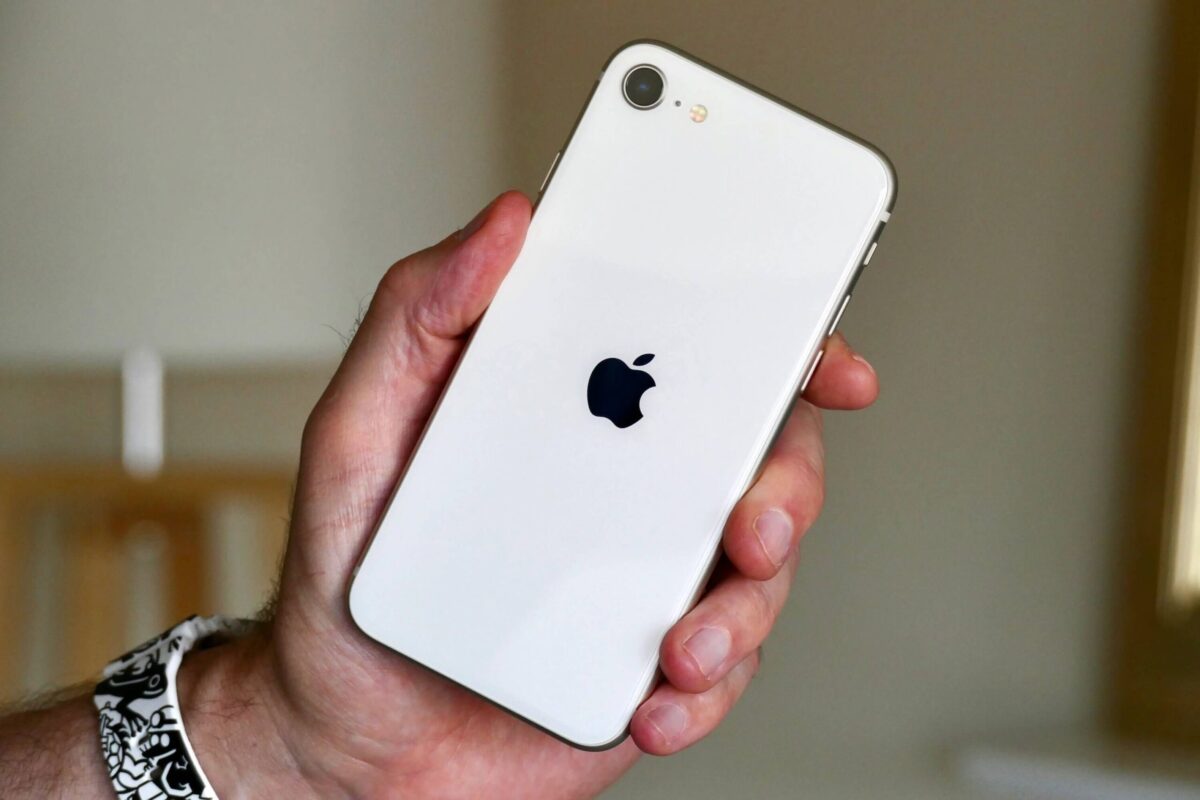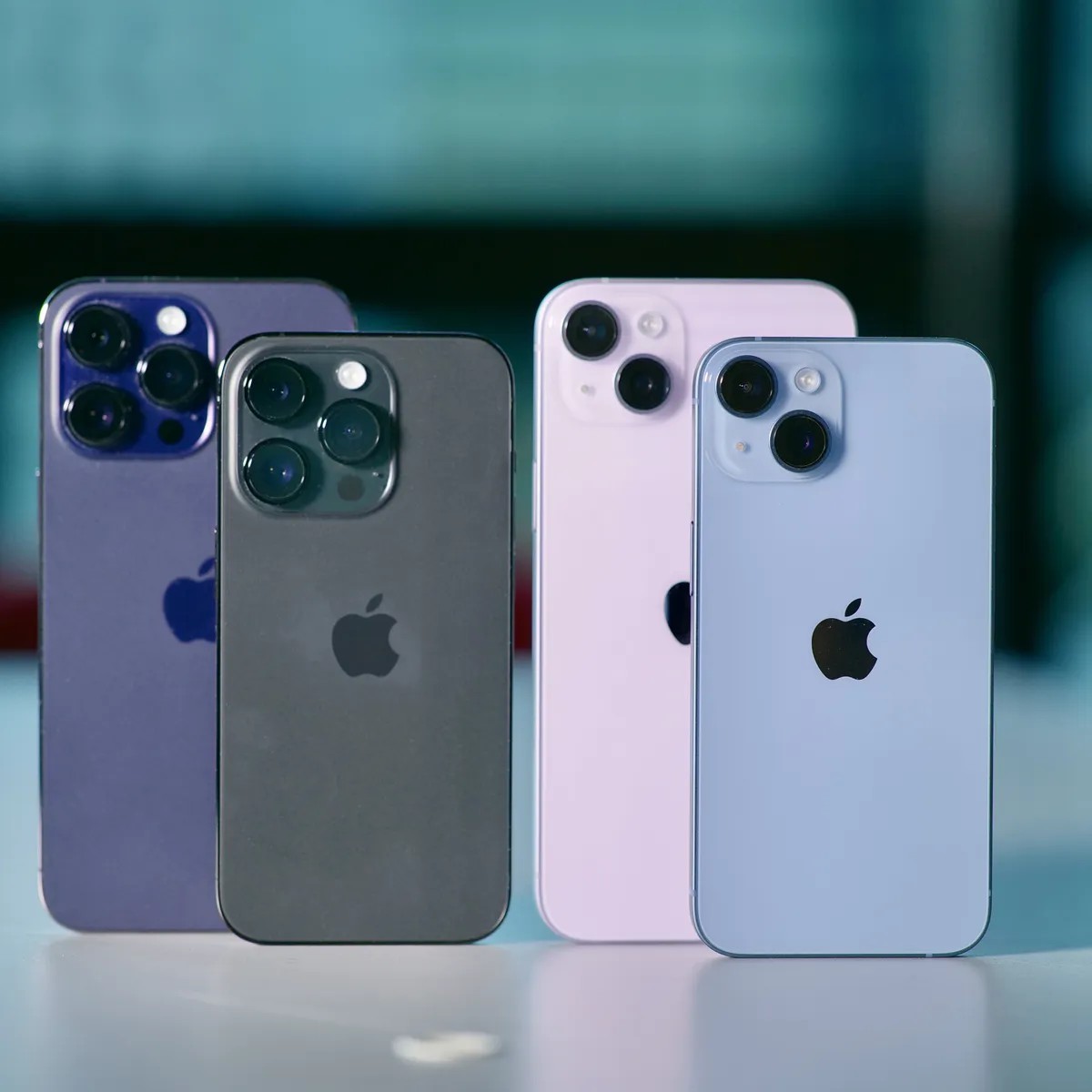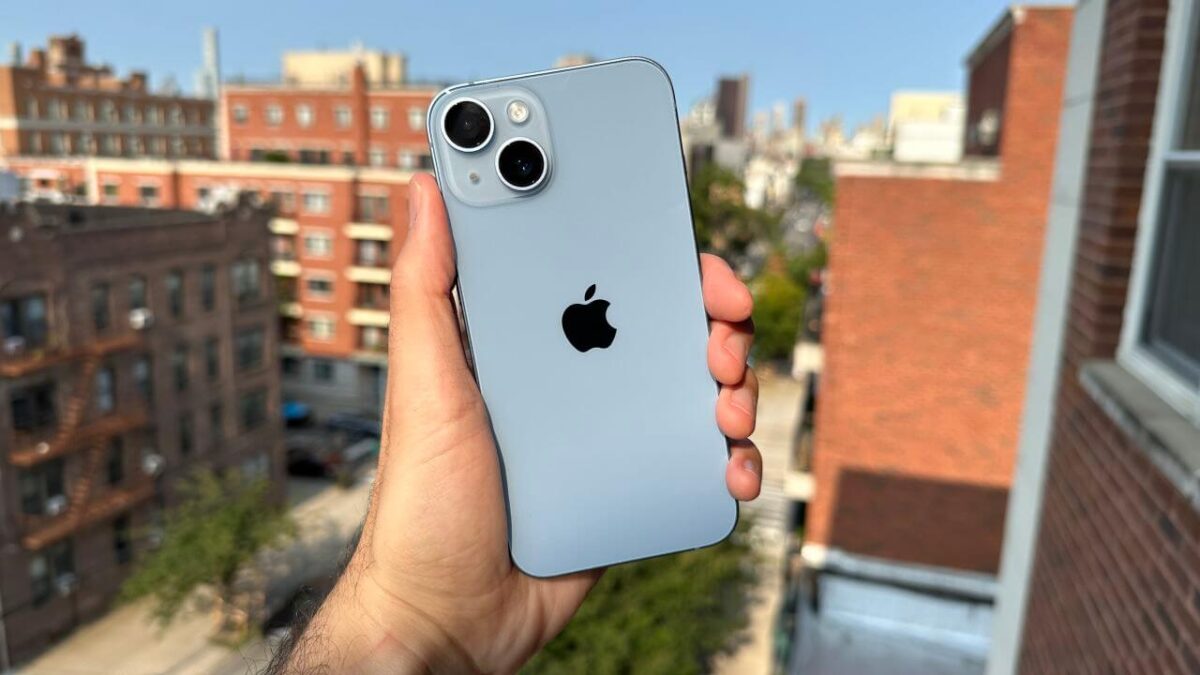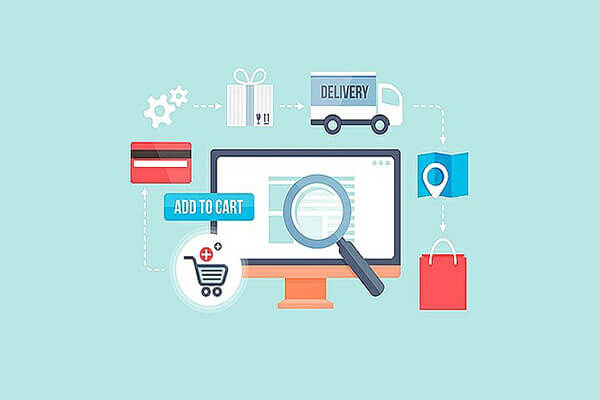How long do iPhones last? Many factors can play into deciding when it’s time to get a new phone. We’ll look at how long an iPhone will get iOS updates before it’s not supported anymore, the typical lifespan of an iPhone, and other lifestyle factors that might impact your decision to buy. We’ll also take a look at the best time to buy a new cell phone, so you can get the most out of your new purchase.
1. How long do iPhones last?
Many people see a decline in performance around the two-year mark. A lot of this can depend on wear and tear, along with how many times you’ve dropped your iPhone, but since this seems to be a pretty consistent trend for most iPhone users, I think two and a half years is a more accurate measure for how long your iPhone will work well.
Some people keep their iPhones for five years or more before they squeeze out that last drop of life, and a lot depends on how many trips to the Genius Bar you’re willing to make and how much you want to spend on new batteries, screens, and other physical parts. So how long does an iPhone last? Overall, you can expect a regular iPhone to be in your life for somewhere between two and three years. If your iPhone 14 is still working fine, you probably don’t need an iPhone 15 (but that doesn’t mean you can’t upgrade if you want to). On the other hand, if you’re rocking an iPhone 11 or 12, an upgrade might make more sense.

2. When should I buy a new iPhone?
So your iPhone isn’t working great, but it’s still usable. Maybe you’re staring at the old thing on your desk and wondering, “How old is my iPhone?” Or maybe a new iPhone model has caught your eye but, as Mom used to say, you have a perfectly good one at home. Whatever your reason for wondering, it can be hard to finally tell yourself, “I need a new phone.” It’s a big commitment and can also be a hassle. So, we’ve compiled a list of signs that it is indeed time to get a new iPhone.
1) Performance Decline
So your iPhone doesn’t work. Or maybe it works, but it doesn’t work well. Once you start to run into consistent, noticeable performance issues, it’s time to start looking at new phones. A few years back, I ignored worsening issues with my iPhone until one night, I got stuck in an endless loop of a restart screen and had to officially call it quits. Not only did I lose two years’ worth of photos (always back up your iPhone, folks), but I was also stuck without a phone at all until I was able to get a new one. Since I hadn’t budgeted for a whole new iPhone yet, the cost of a new iPhone took me by surprise. Once your iPhone starts glitching regularly, prepare for a new iPhone purchase. Even if you can get another few months or even a year out of it, you’ll be happy you planned ahead.
2) Battery Lifespan Decline
This is one of the biggest motivators for users who decide it’s time to buy a new iPhone. How long do iPhone batteries last? The answer can vary wildly, depending on a variety of factors, like usage, keeping it plugged in overnight, or if you’ve simply had the phone for a long time. But once it’s gone, there’s really no getting back the loss of your iPhone’s battery lifespan. You can replace your iPhone’s battery, but oftentimes a worn-down battery goes hand-in-hand with other performance issues that may make you want to throw in the towel.
3) Lost iOS Support
If the latest iOS update doesn’t support your iPhone, it’s time to get a new one. Sure, one missed upgrade might not seem like a big deal, but you’re going to be falling behind on performance quickly, and apps that are updated to run on the new OS might not work well or at all anymore.
More importantly, iOS updates usually come with important security updates, so running out-of-date operating systems on your iPhone is less secure. There’s little to no point in keeping a device that isn’t supported by the latest iOS. However, keep in mind that Apple will continue to support most iPhones for a long time. For example, the iPhone 8 (released in 2017) received new iOS updates for five years up to iOS 16.

4) Physical Damage
Our iPhones can take a beating, but sometimes the damage proves to be too much. If you’re trying to see through a shattered screen that you’ve decided it’s not worth it to fix, or if a button is permanently broken, your frame is coming apart, or anything is held together with duct tape, now is when you want to make that new phone investment. Remember when that first scratch on the body felt like true heartbreak? Chase that feeling. You’ll be glad you did.
But keep in mind that you don’t need to wait until your iPhone is falling apart to get a new one. If you take good care of your iPhone, you can get good money on a trade-in to Apple when you finally spring for the newest model. Apple won’t accept any trade-ins with body damage, including cracked screens, so keep that in mind when planning when to get a new phone.
5) Your Carrier Offers a Deal
Ten years ago, I could set my watch to when my cell provider would offer me a free cell phone upgrade. I could walk into the Verizon store, say, “Upgrade my phone!” and be provided with an array of free and reduced-price cell phones in exchange for another two years of loyalty. Now, these kinds of deals aren’t as common, but most providers offer a free iPhone at some point.
Keep an eye out for BOGO deals and special offers around new iPhone launches (usually in early fall each year), and you might find yourself in luck. If a carrier’s offer to provide a free second iPhone with any iPhone purchase coincides with a friend or family member deciding they need a new phone, go for it. If you’re eligible for a free phone, that’s always a good reason to upgrade.
6) A New Phone Model Satisfies an Unmet Need
Maybe you don’t need a new iPhone, but you do need a new feature on one of the latest iPhones. Whether it’s a smaller size for easier one-handed navigation, a bigger size for easier screen viewing, 5G support, or an upgraded camera if a new iPhone meets a need your old one doesn’t, go ahead and spring for it. Keep up to date with launches and new features, and you’ll be able to easily distinguish between want and need. That being said…
7) You Want One
It’s okay to buy a new iPhone just because you want it. Really. If you can afford it, wanting the latest model is a totally fine reason to buy it. If you’re feeling guilty about waste, you can always give your still-perfectly-good old one to a friend, or even donate it!
3. The best time to buy a new iPhone
Generally, the best time to buy an iPhone is during or after the launch of the new line, which typically happens in the fall, around September. If any price drops happen on the older models it will happen after the launch of the new ones, and if the price doesn’t drop, you might as well see what the new ones are. Sometimes the new models are comparable in price to the old ones or offered for free as part of special carrier deals. It’s a frustrating feeling to buy a new iPhone in July or August only to find out a couple months later that you could have gotten one with much better features for the same or lesser price!
The bottom line is, that the best time to buy a new iPhone is when you need one. Don’t let the seasonality keep you from investing in yourself in a way that really matters. While you’re considering such things, why not check out what you should do before selling your current iPhone? Happy upgrading!

4. Conclusion
This guide Outlines the lifespan of an iPhone and when it’s time to replace it, so I’m sure you already know the best time to replace your iPhone.





Leave A Comment